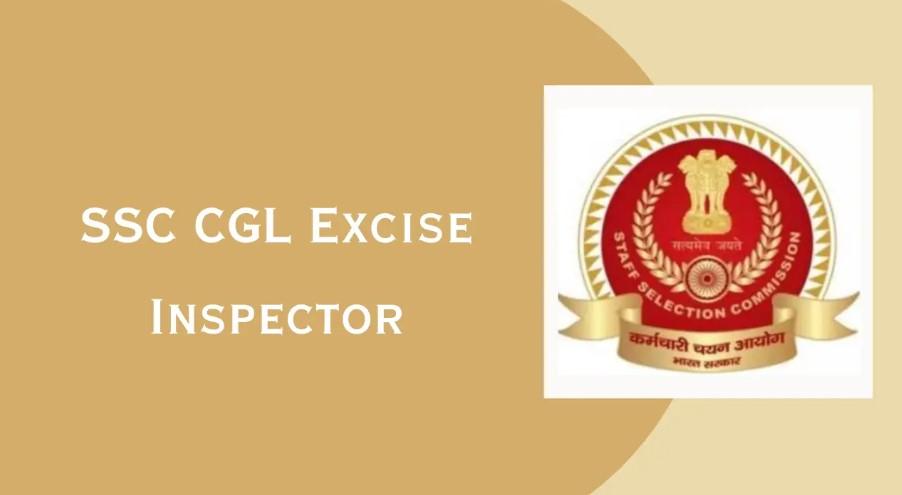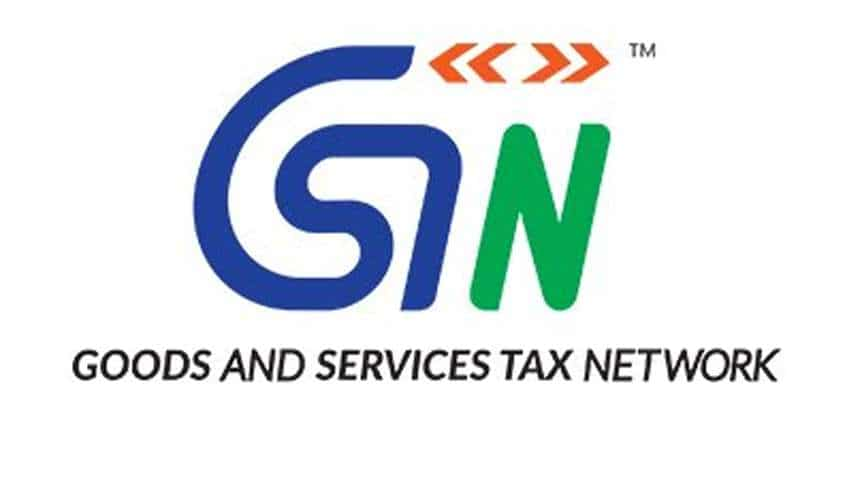Soft Copy or Digital Copy of Invoice in Mobile won’t do. It is must to carry Hard Copy of Invoice during Transportation of Goods rules Hon’ble Calcutta HC
2023 (4) TMI 157 – CALCUTTA HIGH COURT
J.K. JAIN BUILDTECH INDIA PVT. LTD. VERSUS ASSISTANT COMMISSIONER, REVENUE BUREAU OF INVESTIGATION NORTH BENGAL HEAD QUARTER SILIGURI & ORS.
WPA 3415 OF 2022
Dated: – 3-4-2023
Judgment / Order
Aniruddha Roy, J.
For the Petitioner : Mr. Sandip Choraria Mr. Rajeev Parik Ms. Esha Acharya.
For the State : Mr. Subir Kumar Saha Mr. Bikramaditya Ghosh.
From records of this proceeding it appeared that previously on two occasions, the respondents chose not to be represented, hence the writ petition could not be taken up for consideration.
Today Mr. Bikramaditya Ghosh, learned counsel led by Mr. Subir Kumar Saha, learned Additional Government Pleader appeared for the respondents.
The petitioner through this writ petition had challenged the impugned order dated December q2, 2022 passed by the statutory appellate authority presided over by the Joint Commissioner, State Tax, Siliguri, Head Quarter, Siliguri being the second respondent herein at page 65 to the writ petition.
The principal ground on which the petitioner was defeated before the appellate authority was that the petitioner could not produce the relevant invoices in physical form. Mr. Sandip Choraria, learned counsel appearing for the petitioner referring to Rule 138A of the Central Goods and Services Tax Rules, 2017 (for short the 2017 Rules) submitted that, sub-Rule (1)(a) to the said Rule 138A of the said 2017 Rules does not provide for production of the relevant invoice in physical form and whenever a person-in-charge of the conveyance carries the same, even in a electronic/digital form or in his mobile or in such devices carried by him, the same would suffice and the authority could not have claimed for production of the invoice in physical form. He further referring to the said sub-Rule (1)(b) submitted that, insofar as the e-way bill was concerned, the legislature while legislating the rule thought it fit to use the expression “physical form” as a mandatory pre-requisite, whereas insofar as the invoice was concerned, no such expression was used and as such, he submitted that, the invoice was not required to be produced in physical form in the event the same is produced dititally.
Mr. Bikramaditya Ghosh, learned counsel appearing for the respondents, submitted that from a reading of the provision laid down under sub-Rule 138A, it would be evident that, the person-in-charge of the conveyance/vehicle should carry the invoice also in physical form for verification by the respondent authority, if required. Since in the instant case, the person-in-charge of the concerned conveyance was not carrying the invoice in physical form, the appeal was rightly rejected. Considering the rival submissions of the parties and considering the materials on record, at the outset, this Court for the proper appreciation of the issue involved in this writ petition thinks it fit to quote the relevant provision :
“Documents and devices to be carried by a person-in-charge of a conveyance.
138A. (1) The person-in-charge of a conveyance shall carry-
(a) the invoice or bill of supply or delivery challan, as the case may be; and
(b) a copy of the e-way bill in physical form or the e-way bill number in electronic form or map to a Radio Frequency Identification Device embedded on to the conveyance in such manner as may be notified by the Commissioner:
Provided that nothing contained in clause (b) of this sub-rule shall apply in case of movement of goods by rail or by air or vessel: Provided further that in case of imported goods, the person-in-charge of a conveyace shall also carry a copy of the bill of entry filed by the importer of such goods and shall indicate the number and date of the bill of entry in Part A of FORM GST EWB – 01.”
From a plain reading of the said provision, it appeared to this Court that, the expression used in the heading of the Rule 138A is clear that “ documents and devices to be carried by a person-in-charge of the conveyance” which included under sub-Rule (1)(a), the invoice. It is trite that the provision in a taxing statute has to be construed strictly and no benevolent interpretation is available while construing taxing statute. When the said provision specifically provided for that documents and devices to be carried by the person-in-charge of a conveyance including the invoice, this clearly means that the invoice has to be carried in physical form and if required shall be produced in its physical form.
Considering the issue involved in this writ petition, this Court is of the firm opinion that an opportunity may be given to the petitioner to produce the relevant invoice/invoices before the statutory appellate authority, i.e., the respondent no.2 before taking a final decision on the issue to subserve justice to the petitioner also.
In view of the above, the impugned decision of the appellate authority dated December 12, 2022 at page 65 to the writ petition stands set aside and quashed.
The appellate authority, i.e., the respondent no.2 shall revisit the issue in the event the petitioner shall produce the relevant documents and/or the invoice/invoices in physical form before it strictly in accordance with law. The appellate authority upon giving a prior notice of seven days upon the petitioner shall hear out the appeal and revisit the issue on the basis of the existing record before it and after giving an opportunity of hearing to the petitioner shall decide the same by passing its reasoned order. However, the petitioner shall produce the relevant documents being the invoice/invoices in the physical form within the scope of the existing appeal and not beyond that within a period of two weeks from date. The entire exercise, as directed above, shall be carried out and completed by the relevant respondent, the statutory authority, positively within a period of four weeks from the date of receiving of the said invoice/invoices in physical form from the petitioner.
It is made clear that in the event the petitioner chooses not to produce the said relevant materials/documents in physical form before the appellate authority, as directed above, the said order of the appellate authority dated December 12, 2022 shall revive to its force and shall operate in its full force without any fetter, without any reference to this Court. It is made clear that this Court has not gone into the merits of the appeal preferred by the petitioner before the respondent no.2 in any manner and the statutory appellate authority shall be free to decide the appeal in accordance with law by applying its independent mind. It is further made clear that this order shall not create any equity or right in favour of the petitioner in any manner in the said appeal already filed before the respondent no.2. Since affidavits are not called for, the allegations made in this are deemed not to have been admitted by the respondents.
On the above terms this writ petition, WPA 3415 of 2022 stands disposed of, without any order as to costs.
Photostat certified copy of this order, if applied for, be furnished expeditiously.














